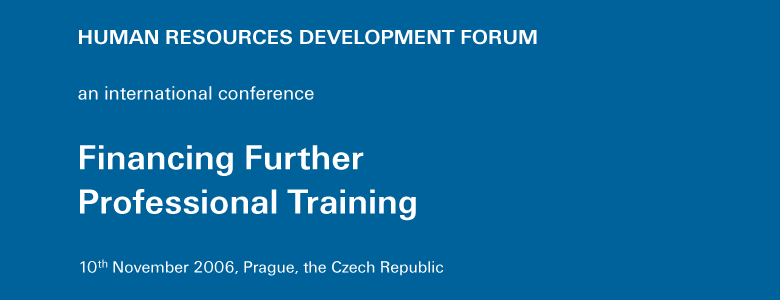Navigation
Lynne Chisholm

Institute for Educational Sciences, Leopold-Franzens-University of Innsbruck, Austria
Liebeneggstrasse 8
AA-6020 Innsbruck
Austria
Tel: +43 512 507 4059/4044/4043
Fax: +43 512 507 2880
Email: Lynne.Chisholm(zavinac)uibk.ac.at
Professional career:
Lynne Chisholm, Univ.-Prof. Dr., holds the Chair for Education and Generation at the Leopold-Franzens-University of Innsbruck in Austria and is Director of its Institute of Educational Sciences. A widely published specialist in education, training and youth affairs in comparative and intercultural context, she is also regularly involved in undertaking European and international studies and reports in these fields. Following two decades as a university lecturer and professor at universities in Northern Ireland, England, Canada and Germany, she worked for five years at the European Commission’s Directorate-General for Education and Culture in Brussels on prospective policy development. Before returning to academic life, she spent four years working on lifelong learning at CEDEFOP (European Centre for the Development of Vocational Education and Training) in Thessaloniki, Greece, combining this with research professorships at the University of Newcastle (UK) and then at the Danish University of Education in Copenhagen, Denmark.
Summary of the presentation:
 Chisholm
Chisholm
Citizens’ views on financing continuing vocational education and training C(V)ET: implications for policy design
Whatever perspective is adopted, making lifelong learning a reality for all requires more financial investment than European countries currently make. On this, at least, there is consensus on all sides. But who should invest more? Not only education and training systems themselves, but also their funding and taxation frameworks, differ widely between the EU Member States: here is yet another example of common problems and – prospectively, at least – diverse solutions. All agree that ‘shared’ financing of C(V)ET is the only feasible answer, but what counts as sharing, between whom, and in what kinds of proportions? Member States have developed a wide variety of policies, measures and incentives in these respects. However, we still know too little about what citizens themselves think and are prepared to undertake at their own initiative and their own expense in terms of time and money. This contribution explores what we know to date in this area and what this suggests for further policy development.





